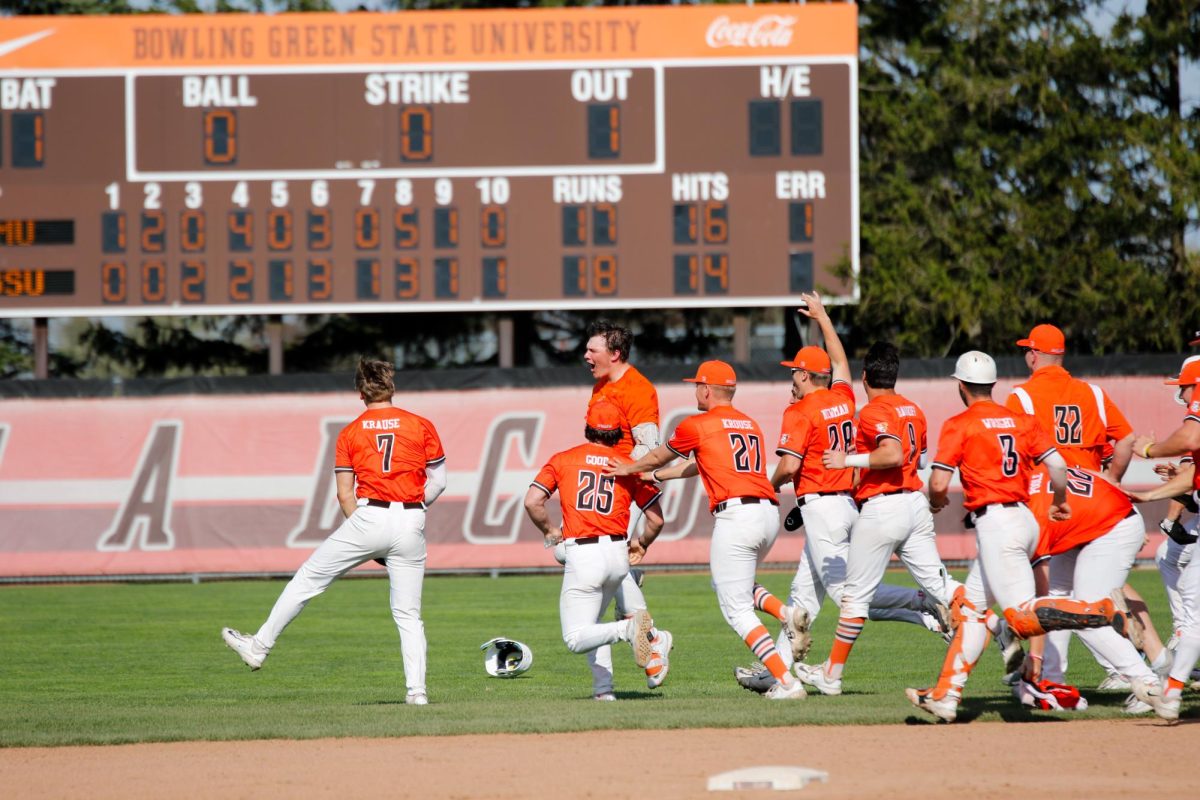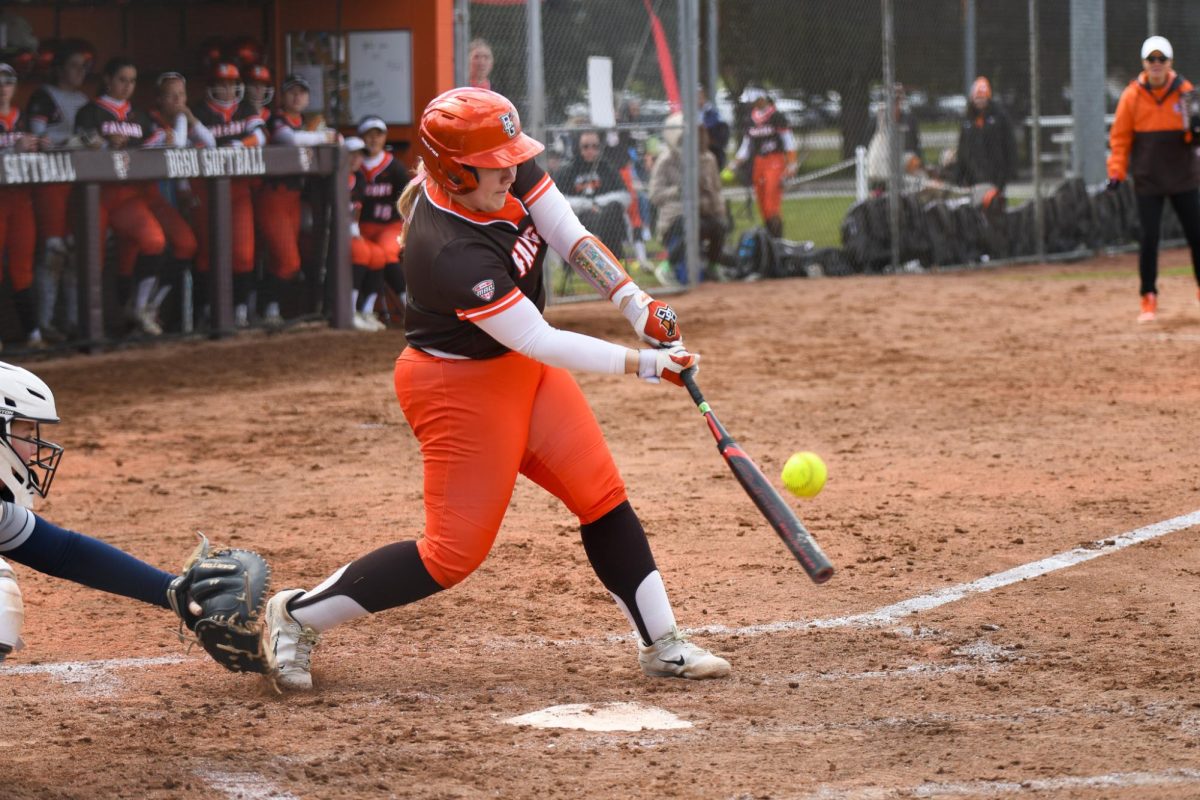Male-hating. Ugly. Forceful. Anti-beauty. Anti-feminine. All these are stigmas attached to feminists.
Even now in 2010, the label of ‘feminist’ comes with negative ideas attached, Mary Krueger, director of the Women’s Center, said. The negative stereotypes about feminism originated in the 1800s and have followed the term for over 100 years.
Krueger said there are three waves of feminism and a fourth may be coming soon. The first wave came with the suffragists in the 1800s fighting for women’s basic citizenship rights. The second wave was the women’s liberation movement in the 1970s, which largely addressed issues of women in the workplace and pay disparity.
“I think people who have read about, heard about or learned about second wave feminism perceive some of that to be over the top,” Krueger said.
She said the infamous urban myth of ‘the burning of the bras’ exhibited by 1970s feminist protesters is exactly that — a myth. In 1968 a number of second-wave feminists protested the 1969 Miss America Pageant by throwing objects considered to be symbols of female oppression, such as household cleaning products, brooms and girdles, into a trash can.
“Nobody ever burned a bra,” Krueger said. “The girdles in a trash can turned into bras and burning.”
Because of this urban myth, Krueger said, women shy away from embracing the label of ‘feminist’ because they don’t want to be perceived as extremists who hate men.
Paul Woidke, junior, said he thinks the myth “reinforces the more extremist stereotype of [feminism].”
Third-wave feminists of a younger generation, Krueger said, are dealing with issues focused on relationships and sexual double standards.
“An example of that would be, ‘Why is it cool for men to have lots of sex but women are still slutty when they have lots of sex?'” she said. “It’s the same battle over the notion of equality, but the battles are different.”
Krueger said the biggest misconception about feminism is that feminists don’t like men.
“People have this idea that if you’re pro-female and pro-feminism you must be anti-male,” she said.
Sherona Garret, an instructor of psychology and women’s studies, said today’s society is patriarchal, and domination of the strong over the weak, particularly men over women, is favored.
“If that’s the foundation of your society, then that’s going to perpetuate all these forms of ‘isms,'” Garret said. “I think it has a lot to do with the media and popular culture perpetuating a message of feminism that does not reflect what feminism is.”
Woidke said he considers himself a feminist, but doesn’t always enjoy the way the label is viewed.
“It’s a good thing, but people can interpret it as negative,” he said. “Media portrayal [of feminists] can have that association.”
In some cases, feminism also carries a negative stereotype in the physical aspect of what a feminist looks like.
“I think the stereotypical feminist would be someone out at a protest for equal rights — a militant-looking person,” Woidke said. “They would be very forceful in a way.”
Krueger said although there is a stereotype, everyone is a feminist whether they know it or not.
“The stereotype is ugly, disheveled, unfashionable, man-hating, hairy-legged, all of that old stuff that just isn’t true,” Krueger said. “Feminists look like everybody.”
Garret said feminists of earlier generations had to give up some of their femininity because it portrayed them as being weak, but third-wave feminists can now embrace it.
“People thought if they wanted to be ‘girly’ and put on make-up and be into fashion then they couldn’t be a feminist, too,” she said. “Now I think we’re at a stage where we have the whole ‘girl power’ thing so…let’s reclaim femininity for those who want it.”

















